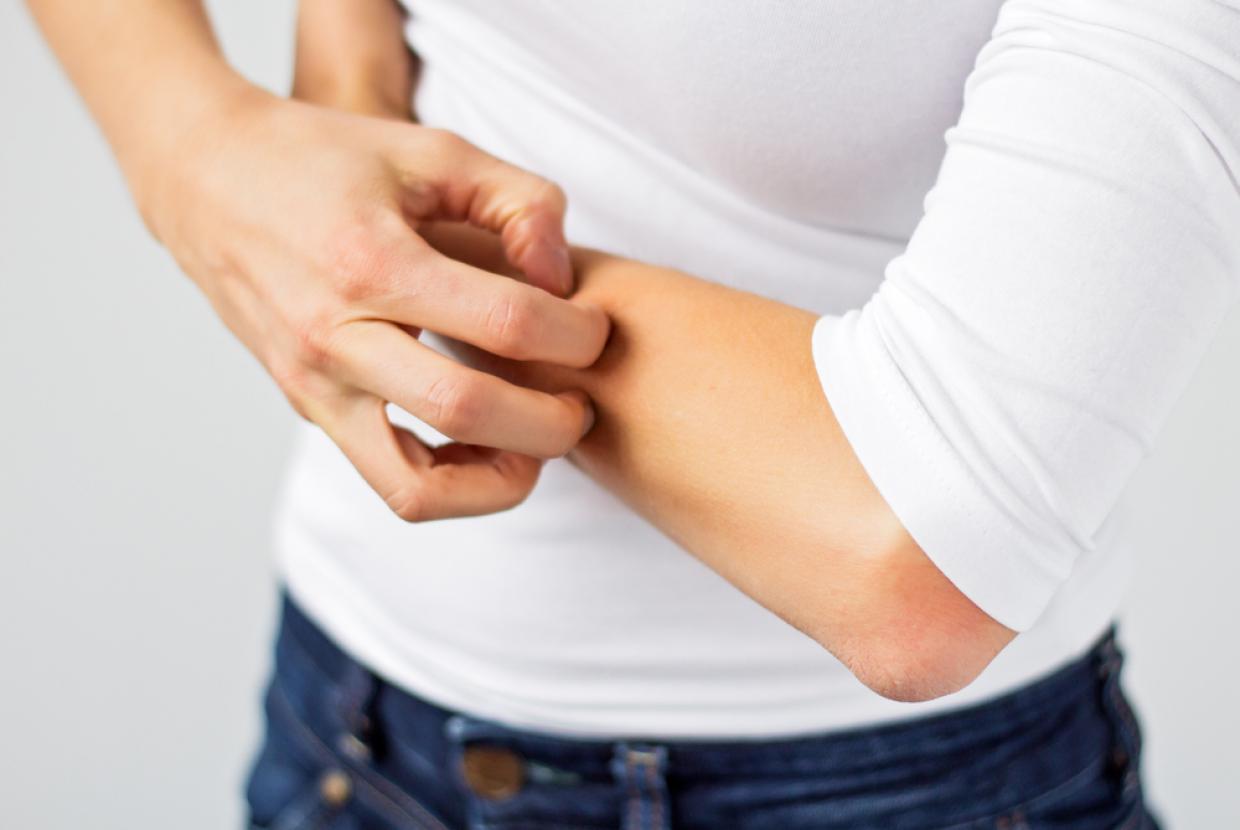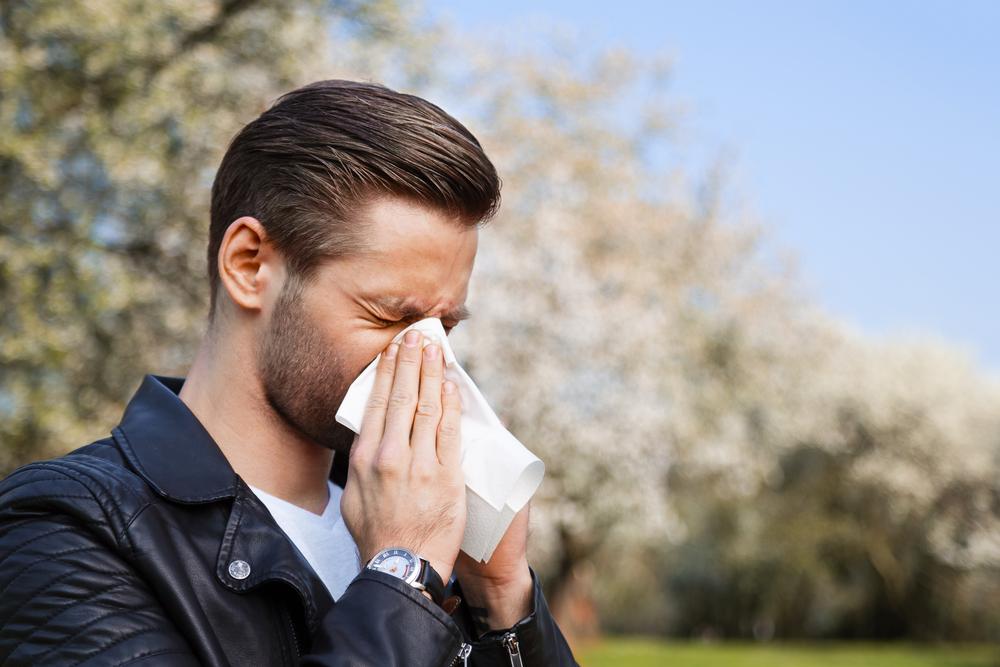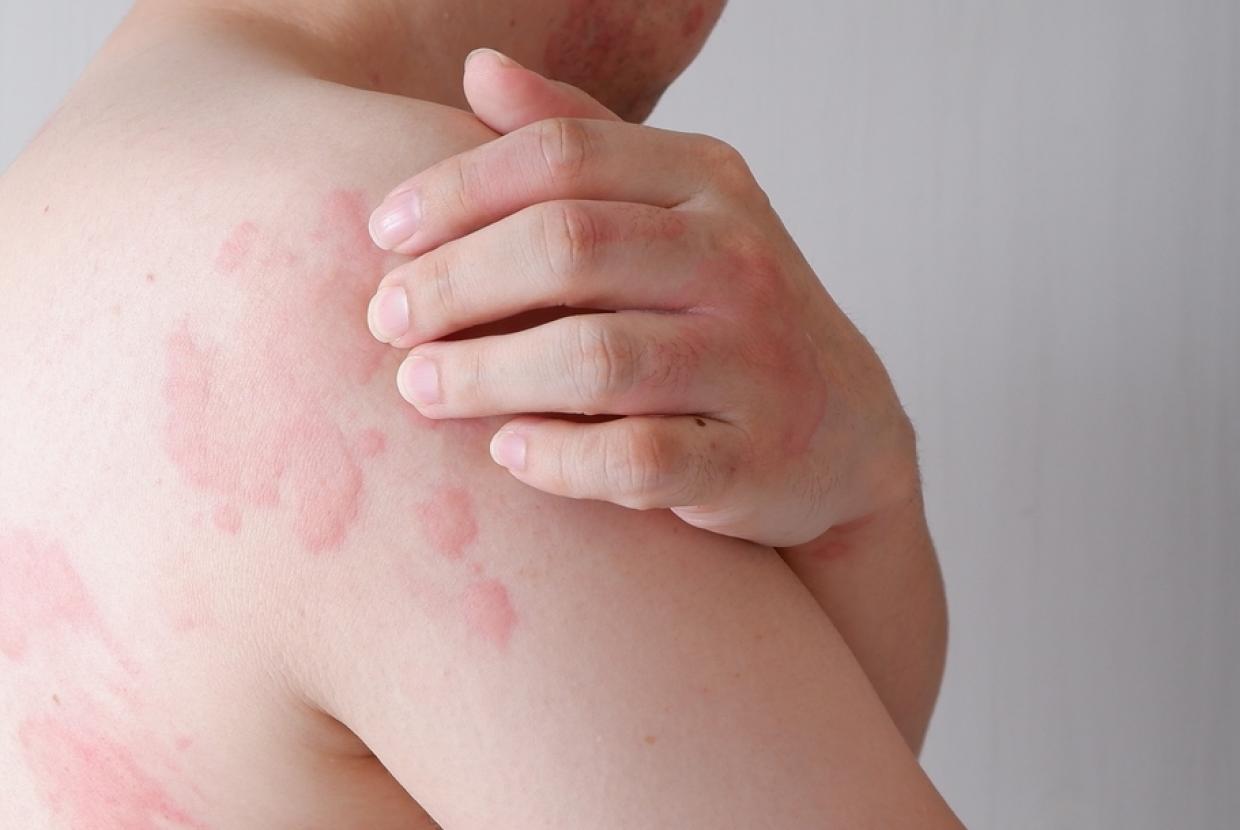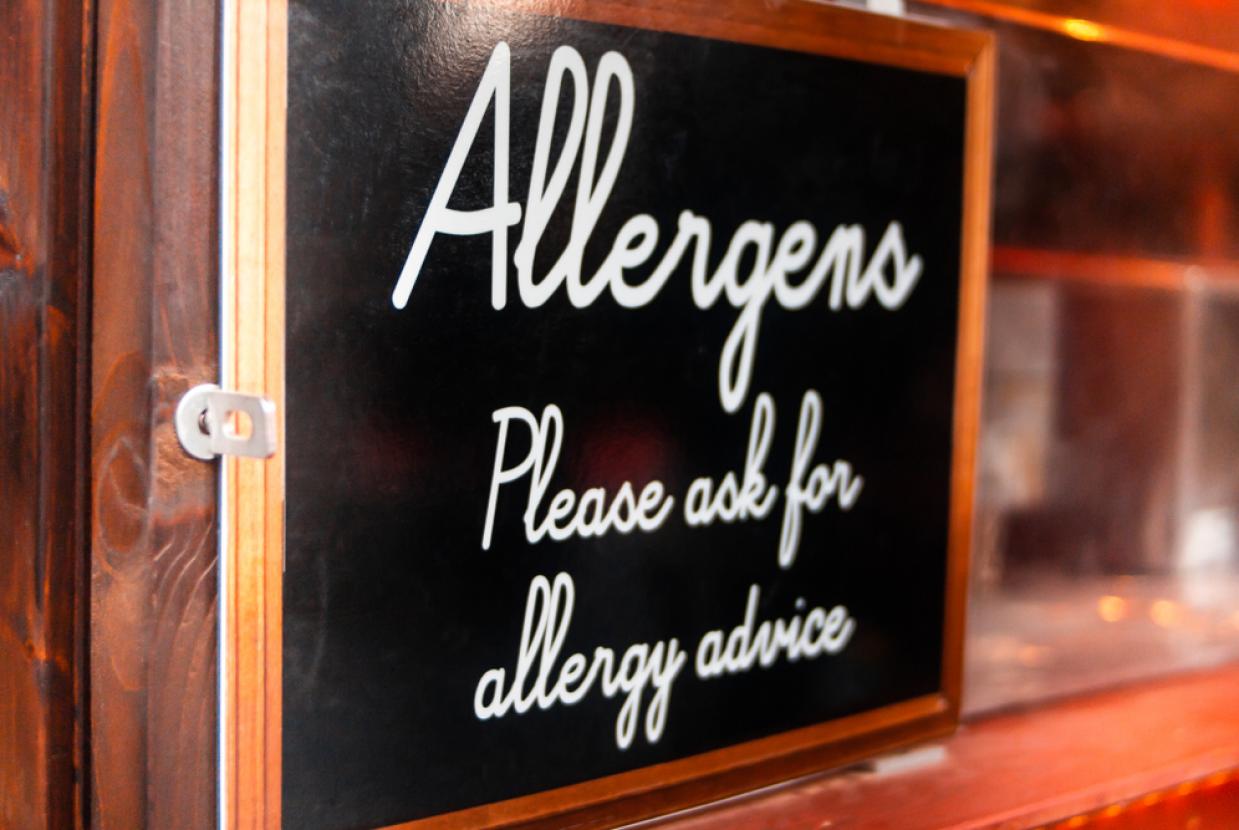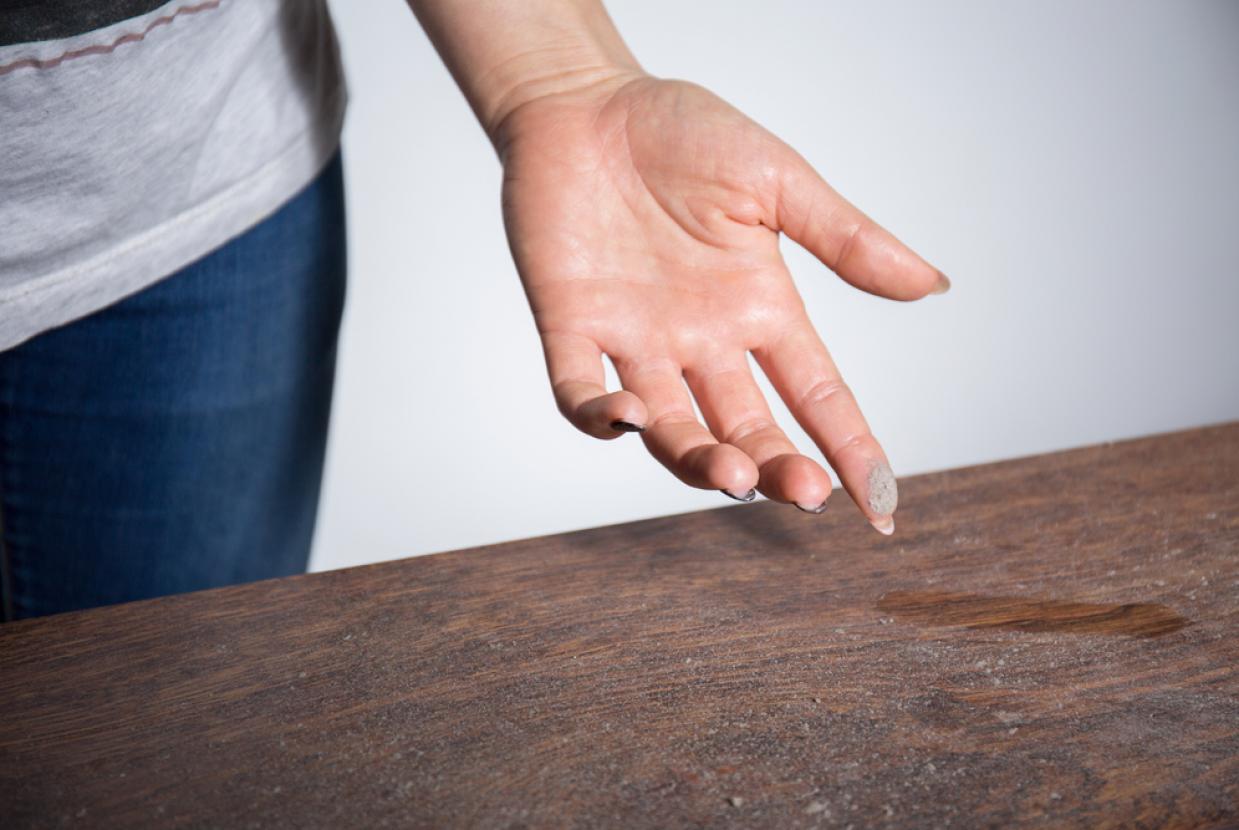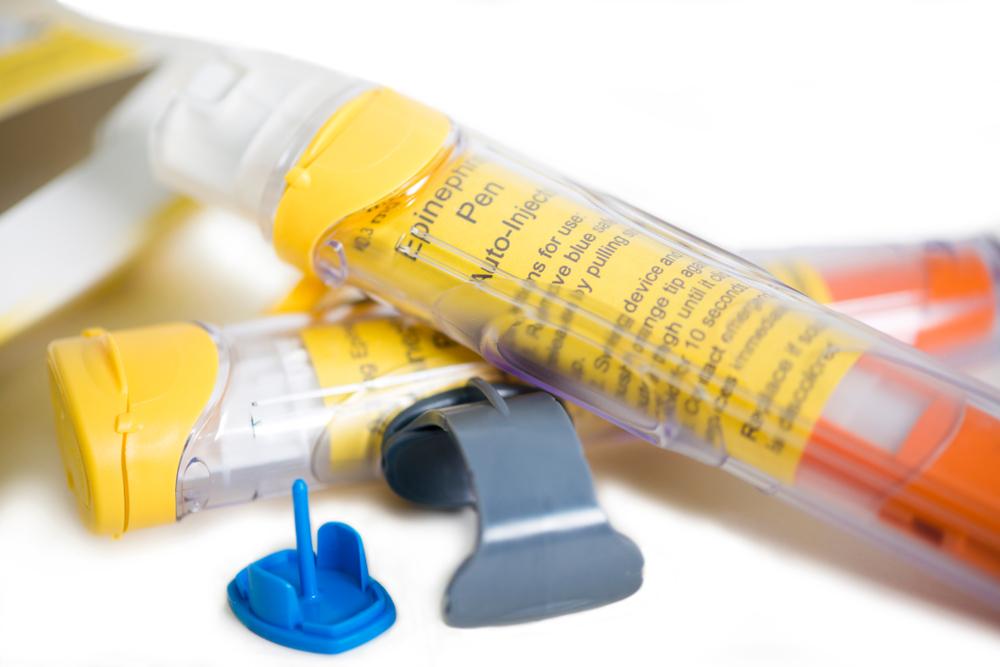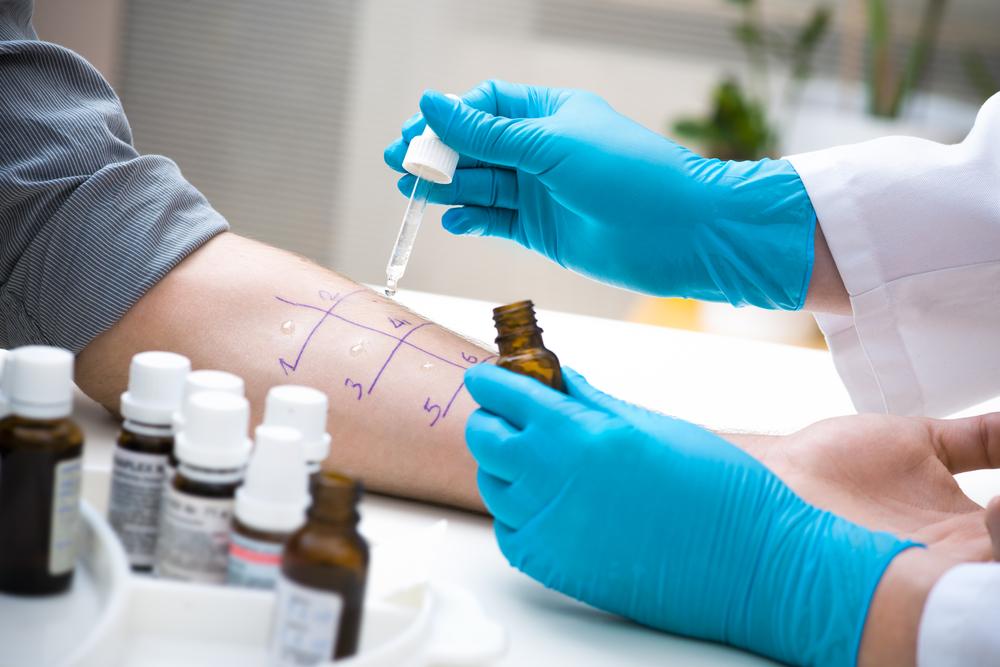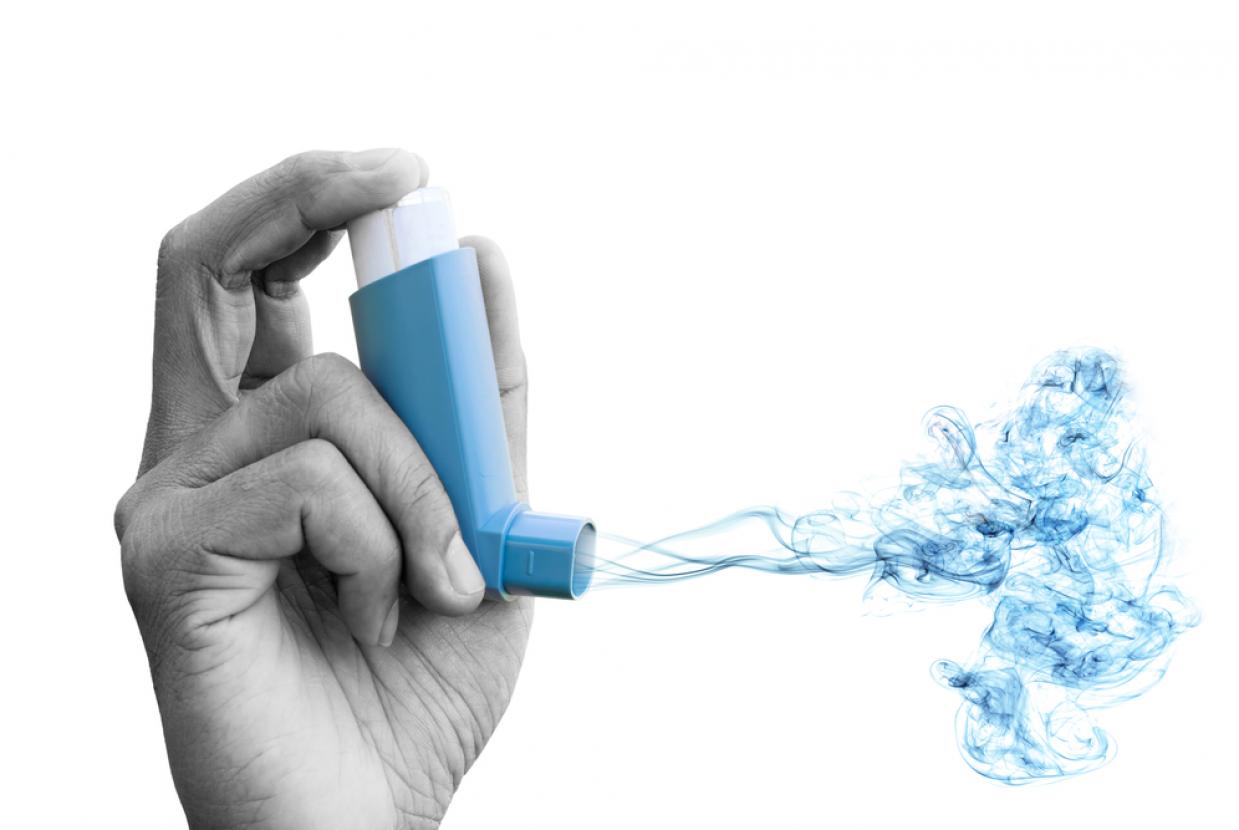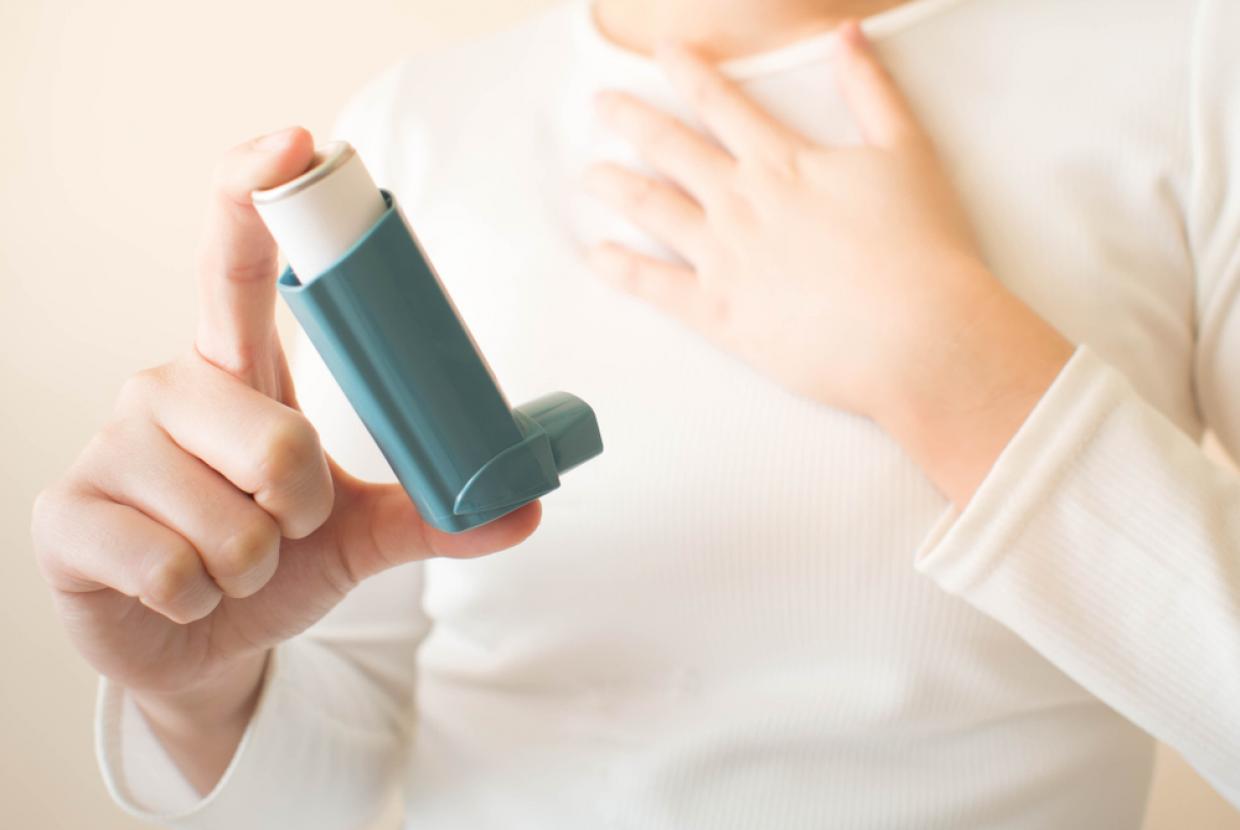Eczema
Eczema, also known as ‘atopic eczema’ or ‘atopic dermatitis’ (used interchangeably to describe the same condition), is a common chronic inflammatory skin condition. Eczema affects people of all ages but is most commonly first seen in infants and young children.
There are many different types of eczema, and atopic eczema is one of the most common. ‘Atopic’ means it runs in families and/or affects those who already have other types of allergies. An atopic person is likely to have more than one allergic condition, such as eczema, asthma, hay fever or food allergy.
Eczema symptoms affect the skin and include:
Atopic eczema causes the skin to become itchy, dry, cracked and sore. Some people only have small patches of dry skin, but others may experience widespread inflamed skin all over the body. Inflamed skin can become red on lighter skin, and darker brown, purple or grey on darker skin. This can also be more difficult to see on darker skin.
Although atopic eczema can affect any part of the body, it most often affects the hands, insides of the elbows, backs of the knees and the face and scalp in children.
People with atopic eczema usually have periods when symptoms are less noticeable, as well as periods when symptoms become more severe (flare-ups).
- Dry skin
- Itchy skin (intense itch that cannot be relieved)
- Red and inflamed areas (eczema flares)
- Skin barrier becomes damaged (broken and cracked skin).
What does atopy/atopic mean?
There are many types of eczema and dermatitis:
- Atopic Eczema / Atopic Dermatitis
- Discoid Eczema
- Contact Dermatitis
Specifically, atopy, or being atopic, means having a genetic tendency for your immune system to make increased levels of IgE antibodies to certain allergens. An atopic individual is likely to have more than one allergic condition during their lifetime, such as eczema, asthma, hay fever or food allergy.


